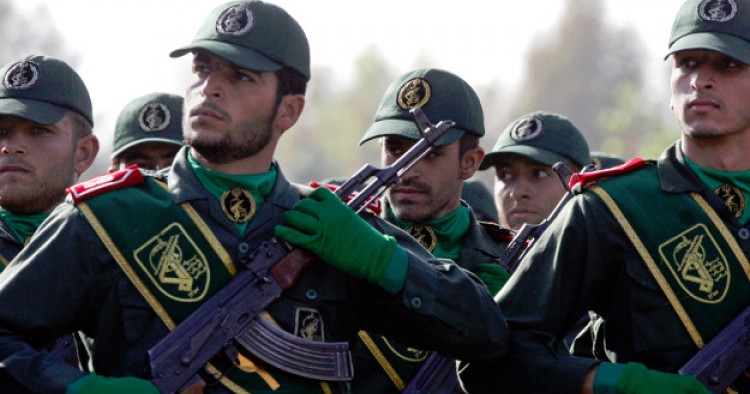U.S. media reports that the Trump White House might list Iran’s powerful Islamic Revolution Guards Corps (I.R.G.C.) as a terrorist entity has been met by considerable trepidation in Tehran.
Comment: Iran will be faced with two immediate policy challenges should Washington proceed with the move. First, it will no doubt have an impact on the implementation of the 2015 nuclear agreement. Second, it can curtail Iran’s regional projects since the I.R.G.C. is Tehran’s principal projector of power. The I.R.G.C. is not just a military organization, but also controls a conglomerate that has a huge stake in the Iranian economy. Designating the entire I.R.G.C. as a terrorist organization will make it far more burdensome for any foreign company to do business in Iran, which Tehran is likely to cite as a breach of the nuclear deal.
But Tehran’s deeper anxieties are rooted in protecting its geopolitical interests. As one prominent Iranian outlet put it, the Trump administration will do its utmost to lessen Iran’s role in the Middle East and particularly in the Syrian conflict. Since the I.R.G.C. is the executioner of Iranian policy in Syria, sanctioning it is seen in Tehran as a way of marginalizing Iranian clout as negotiations for a settlement to end the Syrian war continues. Tehran will undoubtedly seek to neutralize such efforts by Washington. In the short-term, the Iranians will redouble efforts to maintain close Iranian-Russian cooperation in Syria. In an unusual move, Tehran last week both announced and defended the use of its airspace by the Russian air force to carry out operations in Syria.
The Middle East Institute (MEI) is an independent, non-partisan, non-for-profit, educational organization. It does not engage in advocacy and its scholars’ opinions are their own. MEI welcomes financial donations, but retains sole editorial control over its work and its publications reflect only the authors’ views. For a listing of MEI donors, please click here.













